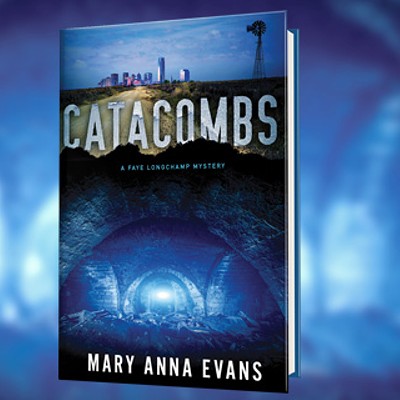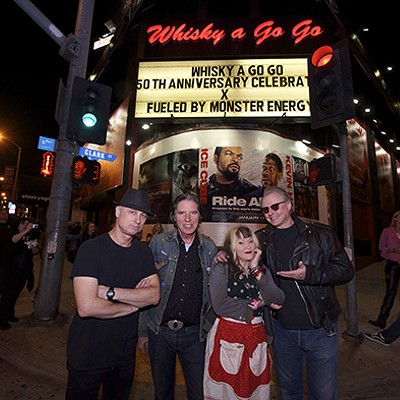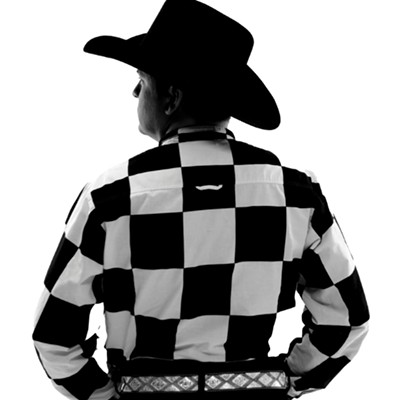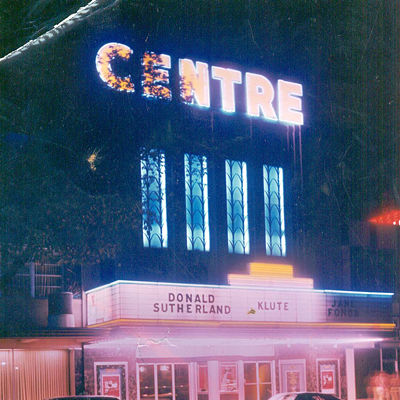Based on a particularly well-received run of issues in the 1980s by Frank Miller and Chris Claremont, The Wolverine transports our indestructible, retractable-claw hero (Hugh Jackman, Les Misérables) back to Japan — "back" because he spent some time there as a P.O.W. during World War II, where he saved the life of an enemy soldier as America's bombs dropped.
Some 70 years later, that grateful man, Yashida (Haruhiko Yamanouchi, Push), is now very wealthy and very near death. From his high-tech deathbed, Yashida offers his friend a proposition: Yashida's human mortality in exchange for Wolverine's mutant immortality; Wolverine demurs, but all hell breaks loose anyway.
Directed with high-minded class and big-studio style by James Mangold (thankfully more in 3:10 to Yuma mode than Knight and Day), The Wolverine is a smartly written adventure that explores not only our morbid fascination with death, but filters it through the Far East culture. The country's code of honor stands at the film's forefront, in battles both literal and figurative; viewers will get the cerebral and the contentious, the samurai and the Sun Tzu.
That mix raises The Wolverine above all but one of the X-Men sequels (or prequels) to date, but the action must deliver in order for the overall package to satisfy its audience. Not a problem. In the standout scene — SNIKT! out come Wolverine's claws for a duel atop a roaring bullet train; aside from X2's opening White House siege, it may be the most exciting sequence of the series yet.
Near-epic is scope, Mangold's movie benefits from a more violent approach that helps rescue the character from becoming self-parody, which is exactly where it was headed following Origins and his punch-line cameo in 2011's X-Men: First Class. Because Wolverine is a Marvel Comics property, we often take Jackman for granted as an actor, but this is arguably the first time in six at bat in his career-marking role that the Academy Award nominee gets to hit all the notes of which he is capable (without breaking into actual notes).

Further proof of his mettle is Prisoners. As Jackman's other 2013 vehicle, it is, to me, the best film of the year — as excellent a crime story as David Fincher's Zodiac or Nicolas Winding Refn's Drive.
Jackman is phenomenal as Keller Dover, a working-class family man whose young daughter disappears, presumably by a low-IQ kidnapper (a creepy-as-ever Paul Dano, 12 Years a Slave). Jake Gyllenhaal (End of Watch) also is phenomenal as the dedicated detective who promises to find her … yet not quick enough for Keller's liking. Keller takes matters into his own revenge-hungry hands, thus kicking an already suspenseful mystery into narrative overdrive. Twists yield puzzles that yield twists, keeping viewers on their toes, the edges of their seats or whatever cliché you prefer.
Prisoners has no clichés of its own. Masterfully, director Denis Villeneuve (Oscar-nominated for 2010's Incendies) seems to reinvent the crime genre. He doesn't, of course, but by stripping away all the bullshit gloss and concentrating on story story story, he achieves perfection on celluloid.
Granted, the subject matter and acts committed onscreen make it a tough watch. That's OK — the best kind of art should present a challenge. For once, it's not one of length; although long at two and a half hours, plus three minutes more, it needs to play out to that. None of it felt wasted or waded; I would have welcomed another 30 minutes. It's that powerful, that spellbinding. — Rod Lott
Hey! Read This:
• Knight and Day Blu-ray review











